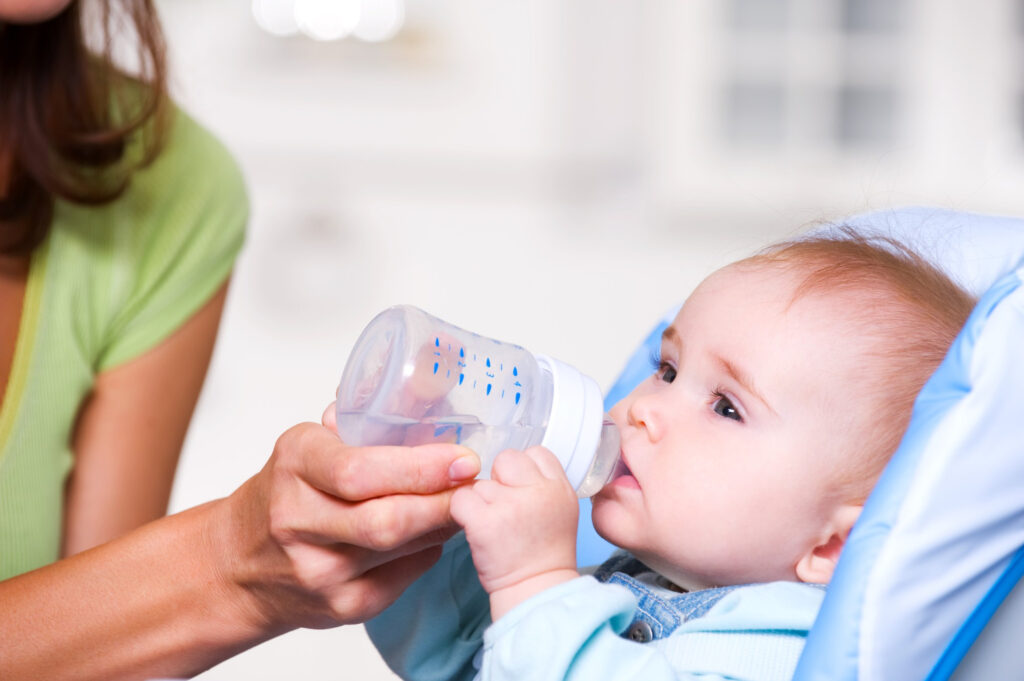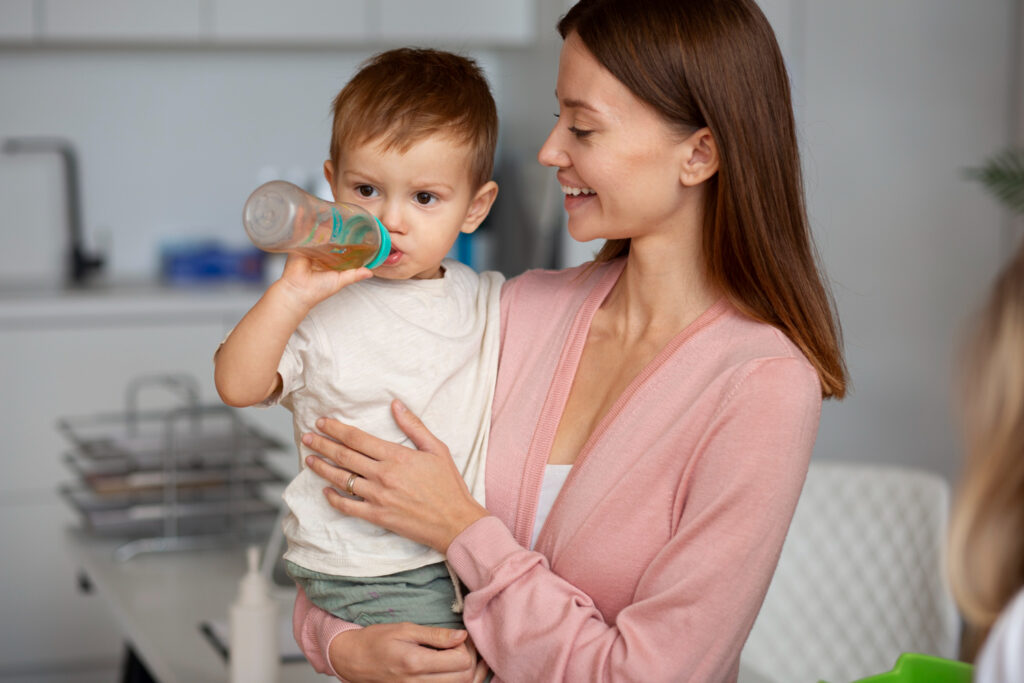
Introduction:
Proper hydration is essential for the health and well-being of toddlers, as their small bodies are particularly vulnerable to dehydration. However, ensuring that toddlers stay adequately hydrated can sometimes be challenging for parents. In this ultimate guide, we’ll explore everything you need to know about toddler hydration, including why it’s important, signs of dehydration, practical tips for keeping toddlers hydrated, and creative ways to encourage them to drink more fluids.
Why Hydration Matters for Toddlers:
Water is crucial for maintaining the body’s temperature, transporting nutrients, flushing out toxins, and supporting overall health and function. Toddlers are at a higher risk of dehydration due to their higher metabolic rate, smaller body size, and increased activity levels. Dehydration can lead to a range of health issues, including constipation, urinary tract infections, and even heat-related illnesses.
Signs of Dehydration in Toddlers:
It’s essential for parents to be able to recognize the signs of dehydration in toddlers, which may include:
1. Dry mouth and lips
2. Decreased urine output or dark-colored urine
3. Sunken eyes or cheeks
4. Irritability or lethargy
5. Lack of tears when crying
6. Reduced energy or playfulness
If you notice any of these signs, it’s crucial to act promptly to rehydrate your toddler and seek medical attention if necessary.
Practical Tips for Keeping Toddlers Hydrated:
1. Offer Water Frequently: Keep a sippy cup or water bottle within easy reach and encourage your toddler to drink water throughout the day. Offer water with meals and snacks and encourage sips between meals as well.
2. Serve Hydrating Foods: Incorporate water-rich fruits and vegetables into your toddler’s diet, such as watermelon, cucumber, oranges, and strawberries. These foods not only provide hydration but also essential vitamins and minerals.
3. Avoid Sugary Drinks: Limit the consumption of sugary beverages such as soda, fruit juice, and flavored milk, as these can contribute to dehydration and tooth decay. Opt for water as the primary beverage for your toddler.
4. Set a Good Example: Model healthy hydration habits by drinking water regularly yourself. Toddlers are more likely to mimic behaviors they see in adults, so make staying hydrated a family affair.
5. Offer Fluids During Physical Activity: Encourage your toddler to drink fluids before, during, and after physical activity to prevent dehydration. Water is generally the best choice, but for prolonged or intense exercise, consider offering a sports drink to replenish electrolytes.
Creative Ways to Encourage Hydration:
1. Make it Fun: Use colorful and engaging cups or water bottles to make drinking water more appealing to toddlers. You can also add fun ice cubes or reusable straws to make it a sensory experience.
2. Offer Flavored Water: Infuse water with natural flavors such as lemon, lime, cucumber, or berries to add a hint of taste without added sugars or artificial flavors.
3. Create a Hydration Chart: Make a visual chart or sticker reward system to track your toddler’s water intake throughout the day. Celebrate milestones and achievements to reinforce positive hydration habits.
4. Offer Frozen Treats: Make homemade ice pops or smoothies using water or coconut water as a base. These refreshing treats are not only hydrating but also nutritious and delicious.

Conclusion:
Ensuring that toddlers stay adequately hydrated is essential for their health and well-being. By understanding the importance of hydration, recognizing the signs of dehydration, implementing practical tips for keeping toddlers hydrated, and incorporating creative ways to encourage fluid intake, parents can help their toddlers maintain optimal hydration levels and support their overall health and development. Remember to lead by example, make hydration fun, and prioritize water as the primary beverage choice for your toddler. With a proactive approach to hydration, parents can instill lifelong healthy habits that will benefit their child for years to come.

